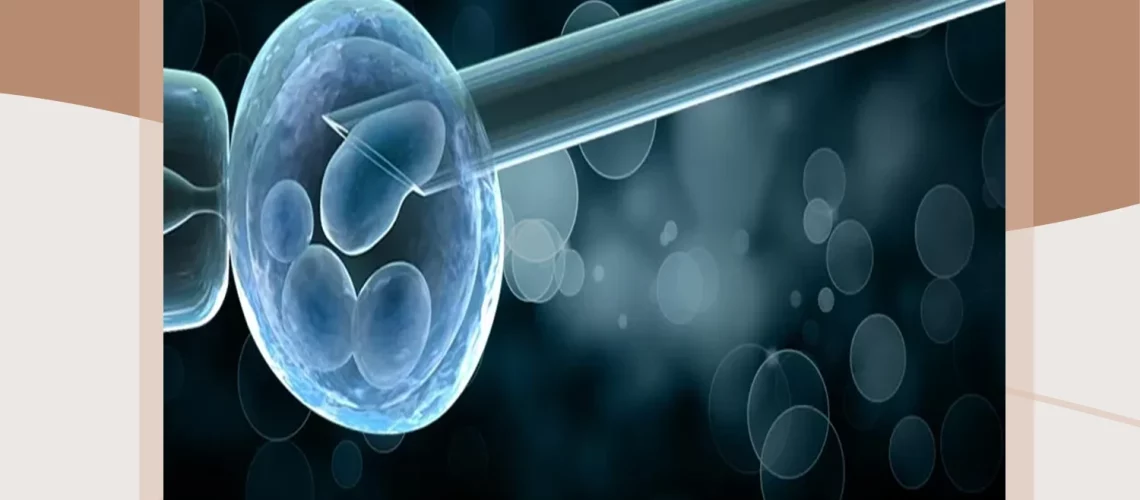Many intended parents are interested in PGD after years of efforts for building a family. The question that bothers them is, does the Preimplantation Genetic Diagnosis affect the probability of pregnancy? We will try to help and will make a list of all pros and cons.
What is PGD?
The main goal of PGD is to help the parent choose the best embryo without any pathology. It’s very important to transfer healthy embryos for a successful pregnancy and a good future for the baby. As you see, the advantage of PGD is to reduce the risk of aborted pregnancy.
So, we at Pons Medical Research recommend PGD as a mean to help carrying the child until its birth and to have it healthy, without any genetic disease. Our fertility specialist also recommends to do the PGD to the couples that were transferred the best embryos but the pregnancy didn’t occur.
Recent researches showed that 25-30% of transferring cases can results in pregnancy, thanks to the fact that they are genetically healthy. It proves that even if your embryos don’t have good quality, if the PGD showed good results the pregnancy can be successful.
On what day is it better perform the biopsy of embryo?
Many clinics made the research on a third day, but you should know that it also gives a big risk of stopping the development of the embryos. Moreover, on the third day the embryo have a high level of mosaicism (cells are genetically different). It can lead to false results. We at Pons Medical Research recommend doing the research on 5th day, there is less risk and more material.
Let’s talk about the risk of PGD
The examination is invasive, that is why there is a risk for the embryo. It can be damaged during the biopsy (3 days embryo);
A biological mistake can happen if the embryo has a high level of mosaicism; You have to verify the fertility specialist and the equipment where the examination will be performed. That is why we at Pons Medical Research help people to make the right choice. We recommend only those fertility specialist and laboratories that we trust.
To whom we recommend to make the PGD research:
- Couples that have a high level of risk of genetic disease (family cases of genetic diseases).
- Women older than 35 years. With age the quantity of genetically anomalous embryos increases;
- Couples where the partner is older than 45 years;
- If a partner has heavy disorders of spermatogenesis;
- Women that couldn’t carry a child, especially during early pregnancy period;
- Couples that have undergone several unsuccessful IVF attempts.
- Couples that will have a child through a surrogacy program
So, take the opportunity and make your dream closer to come true. Pons Medical Research team sincerely wishes you not to give up. Remember that there is hope even in the worst situations.

